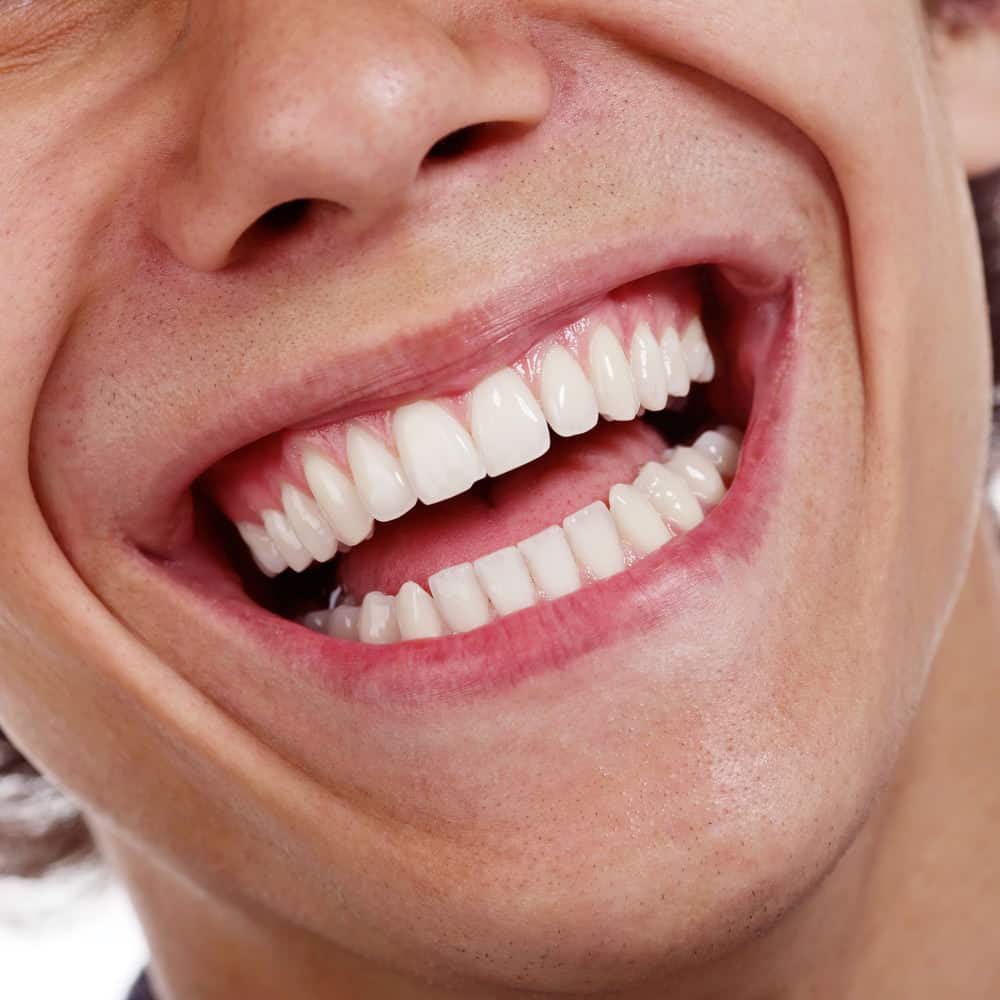How to have healthy and strong teeth without too much effort? How to avoid the most frequent health problems that affect our mouth? What are the best recommendations to keep our mouth in perfect condition for a long time?
Healthy teeth and gums make it easy for you to eat properly and enjoy every meal. Some problems can affect the health of your mouth, but with proper care you should keep your teeth and gums strong regardless of age.
What causes dental problems?
The teeth are externally covered by a layer known as enamel. On it, every day a thin layer of bacteria called dental plaque accumulates. These bacteria produce acids that are the cause of damage to the enamel and the production of cavities. Brushing and flossing are essential to avoid cavities, but when a cavity arises, it is essential to go to the dentist.
Fluoride toothpaste is indicated to protect teeth from cavities. When someone is prone to cavities, for example, when someone has a dry mouth, it is possible that more fluoride is required, for which the dentist will recommend the fluoride treatment you need.
What causes gum problems?
Gum disease occurs when it accumulates along and below the gum line. This can be the cause of infections that affect the gums and bones responsible for keeping teeth in place. These types of diseases can soften the gums and make them prone to bleeding. This problem is called gingivitis, and it can often be solved by brushing and using dental supplies on a daily basis.
When gum disease worsens, we speak of periodontitis, and it must be treated by a professional. If you don't, the infection can seriously affect the bones, gums, and other tissues that support the teeth. Over time, tooth extraction may be necessary.
To avoid gum problems:
- Brush your teeth three times a day with fluoride toothpaste.
- Use dental floss.
- Visit your dentist every 6 months for a checkup and cleaning.
- Choose a balanced diet.
- Avoid smoking, as it increases the risk of gum disease.
How to thoroughly clean your teeth and gums
There is an effective and efficient way to brush and floss your teeth:
- Brush your teeth on all sides with a soft bristle brush and fluoride toothpaste.
- Use circular motions and short side-to-side motions.
- Brush gently and gently along the gum line.
- Gently brush your tongue to keep your mouth completely clean.
- Floss your teeth. With care, flossing can help remove plaque and food debris where the toothbrush can't reach.
- Rinse your mouth after flossing.
You can also use a dental irrigator to complement your oral cleaning. Dental irrigators are home tooth care devices that use a pulsed stream of water to remove plaque and food debris between the teeth, as well as from the gum line. A dental irrigator is perfect for improving gum health, and they are also practical to facilitate cleaning of orthodontics and dental implants. Consultation this comparison to know more.
Dentures
Sometimes dentures are necessary to replace badly damaged teeth. Partial dentures can be used to replace the missing one or more teeth. Dentures are annoying at first, so your dentist may need to see you several times to make sure everything is going well. Little by little, the gums change shape, so it may be necessary to adjust or replace the dentures. Everything will be indicated by the dentist.
The use of dentures can cause changes when eating and drinking, so it is necessary to learn to eat with them:
- Start with soft, dry foods.
- Chop the food into small pieces.
- Chew slowly using both sides of your mouth.
Dentures need to be kept clean and free of stains, as they can cause bad breath, swollen gums, or stains. They must be brushed and cleaned with specific care products. At night it is necessary to remove the dentures and soak them with water or a liquid to keep them in good condition.
Dry mouth
Dry mouth occurs when salivation is insufficient or insufficient to keep the mouth moist. This can lead to difficulties when eating, swallowing, or sometimes speaking. Dry mouth can accelerate the development of problems, such as tooth decay or mouth infections. However, there are numerous treatments for these problems.
There are also some subtle recommendations, such as drinking water or unsweetened beverages. Avoid smoking and alcoholic and caffeinated beverages. Sugar-free candy or gum can be handy to help. However, it will be your dentist who will recommend the best treatment for you, although he may also advise you to use artificial saliva to keep your mouth in good condition.
Oral cancer
Mouth cancer can develop in any area of the mouth or throat. It is usually more likely in people over 40 years old. Through a dental checkup, your dentist can look for and locate signs of the disease early. Treatments are usually more effective if detected early. Even if you have lost all your natural teeth, visits to the dentist are still necessary to undergo regular oral cancer exams.
To reduce your risk of oral cancer, you can ...
- Avoid tobacco products, such as cigarettes, electronic cigarettes, tobacco in general, pipes or cigars.
- Drink alcohol in moderation or don't drink it.
- Use a lip balm with a sunscreen.



